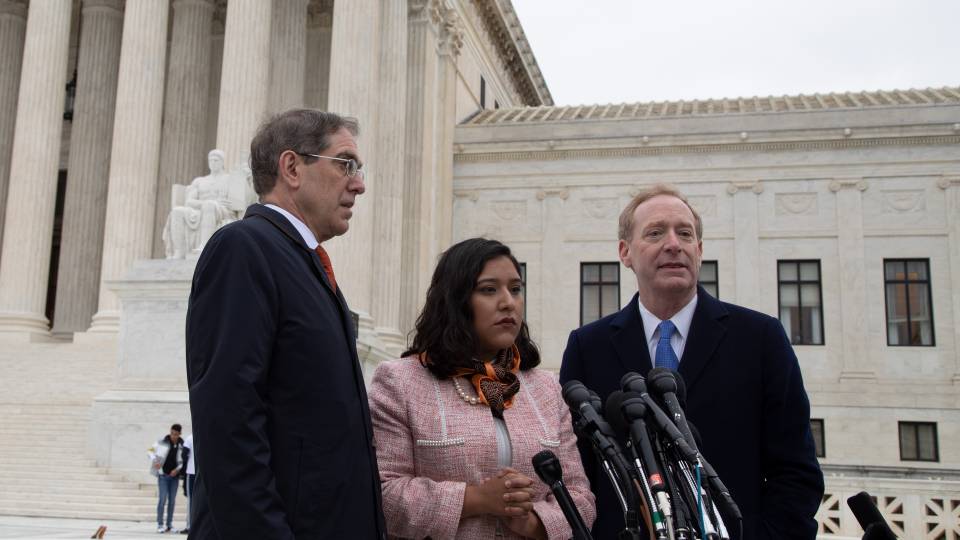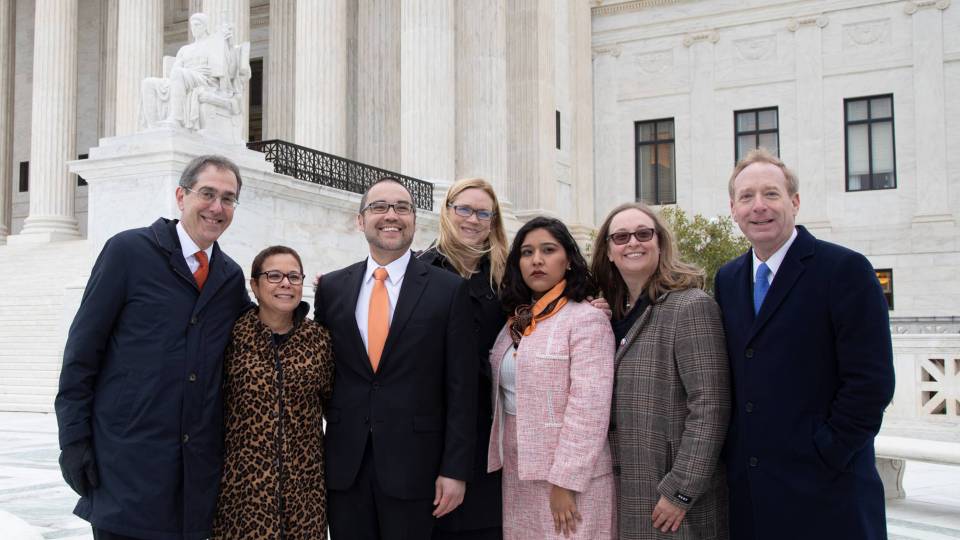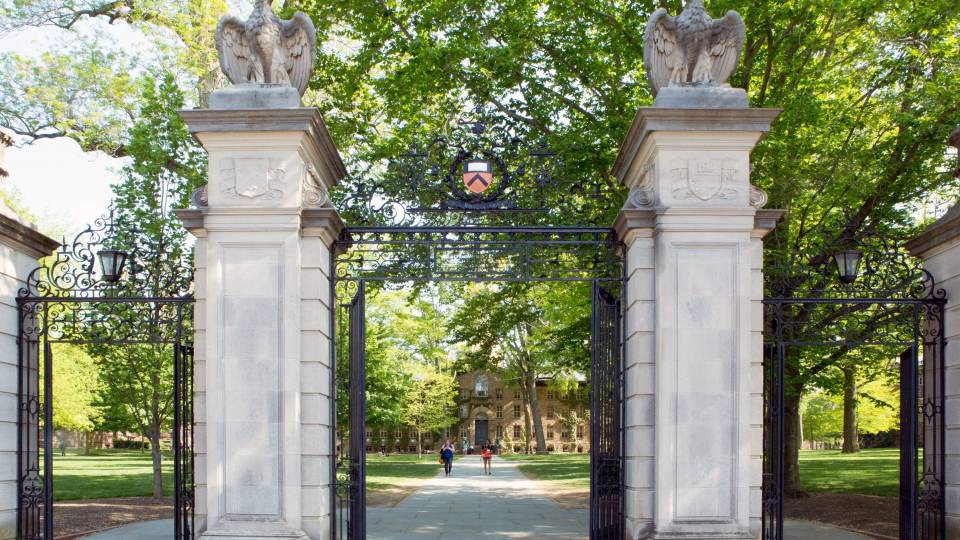Princeton University President Christopher L. Eisgruber sent a letter to members of Congress on Thursday, Feb. 8, urging them to pass legislation that would provide legal status for immigrants from El Salvador, Haiti, Nicaragua and Sudan living in the United States under Temporary Protected Status (TPS).
The Trump administration recently announced that it will end TPS for people from those countries, and the letter notes that with the program’s termination more than 300,000 TPS recipients will lose their ability to work legally in the U.S. and become subject to deportation.
“Since its inception, the United States has stood as a beacon of hope and opportunity for people around the globe,” Eisgruber wrote. “The TPS program exemplifies the humanitarian ideals of this country, providing relief for immigrants from countries struggling with armed conflict, environmental disaster, an epidemic, or other extraordinary conditions.
“The majority of the individuals now facing forced departures have been in this country for nearly two decades and they contribute to our society in productive ways,” Eisgruber wrote. “We should recognize and celebrate the contributions of these individuals, who have chosen to make the United States their home and benefited our economy and our nation.”
Extending TPS protection will “prevent unnecessary heartbreak for the hundreds of thousands of families across the country – many of which include U.S. citizens – that could have their lives turned upside down as a result of these TPS terminations. It also will avoid disruption for entities that employ TPS workers,” he wrote.
The letter was sent to leaders of the Senate and the House of Representatives, to the New Jersey delegation and to Princeton alumni in both houses.
The letter is the latest of several statements and appeals that Eisgruber has issued to Congress and President Trump urging protection of immigrants, including beneficiaries of the Deferred Action for Childhood Arrivals (DACA) program and those affected by Trump administration executive orders banning travel to the U.S. from certain Muslim-majority countries. In December, Eisgruber joined other college and university presidents and chancellors in becoming a founding member of the Presidents’ Alliance on Higher Education and Immigration.






